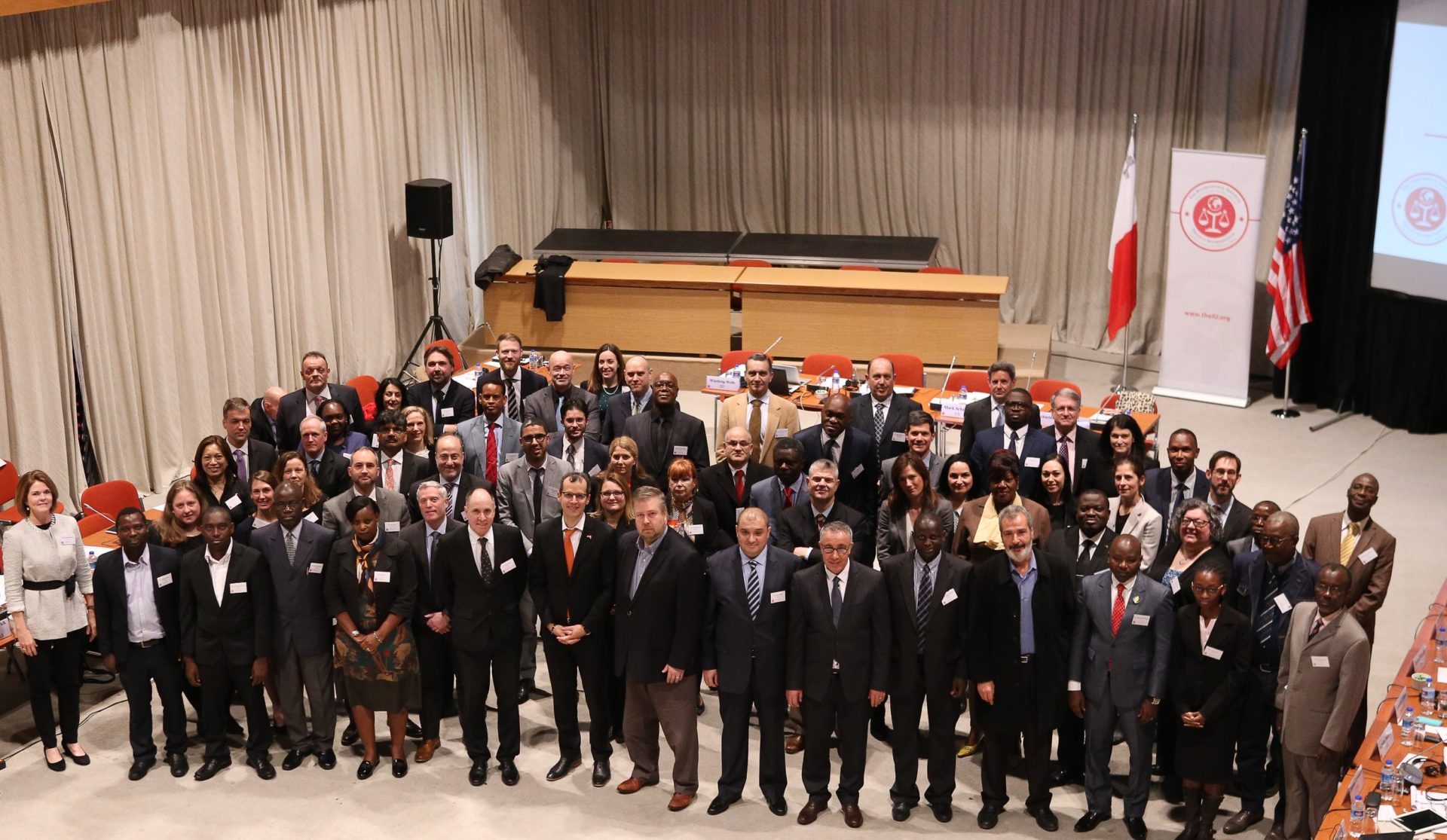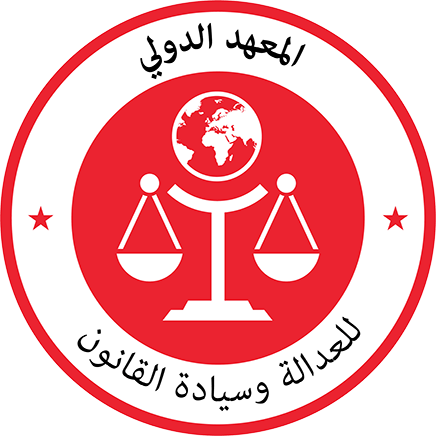
In January 2019, the IIJ welcomed more than fifty criminal justice practitioners to Valletta, Malta, for the IIJ Global Workshop on Implementing the GCTF Rabat – Washington Good Practices on the Prevention, Detection, Intervention, and Response to Homegrown Terrorism. This workshop, convened with support from the U.S. Department of State, was implemented under the auspices of the IIJ Addressing Homegrown Terrorism Initiative, one of eight IIJ Core Initiatives.
During the workshop, prosecutors, judges, law enforcement officers, policymakers and analysts reviewed the Rabat-Washington Memorandum, with particular focus on the good practices addressing the detection and intervention of homegrown terrorism. The practitioners examined successful national and regional detection and intervention programs and policies, and exchanged ideas for how to strengthen domestic information-sharing, and regional and international information-sharing mechanisms to promote early detection and intervention. Partner organisations such as the European Commission’s Radicalization Awareness Network (RAN), and practitioners from Dutch detention facilities, Royal Canadian Mounted Police, and UK Metropolitan Police, presented on current detection techniques, including the use of risk assessment tools and the success/impact thereof. In addition, presenters from the Berlin-based Violence Prevention Network, UK Metropolitan Police, Morocco’s Al Rabita Al Mohammedia lel Olama, Los Angeles Police Department, and Brussels Anti-Radicalization Unit, briefed practitioners on current intervention programs using real-world case studies, demonstrating that engaging non-governmental actors and the private sector is important and effective for early detection and effective response.
On the second day of the workshop, practitioners worked through a hypothetical case study in groups, applying and contextualising the Rabat-Washington Memorandum good practices. The workshop concluded with a set of practitioner-generated recommendations, which included (but was not limited to) a need to focus more on the role of family, and especially women, in the radicalisation cycle, and a request for future workshops, tailored to address regional challenges in the area of homegrown terrorism, and an opportunity to discuss in depth innovative intervention and rehabilitation programs in the context of national legal frameworks. The IIJ welcomed the recommendations as it prepares for a series of regional workshops implementing the Rabat-Washington Memorandum in 2019-2020.

For more information on this workshop or the IIJ Addressing Homegrown Terrorism Initiative, please contact Programme Manager Miriam Shafik.

